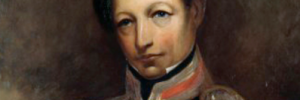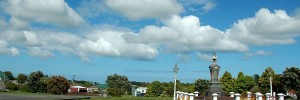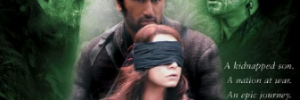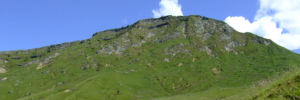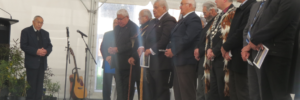
We received the very sad news on Monday 13 November that Rangikotuku had passed away. Rangikotuku Rukuwai lived in New Plymouth with his awesome wife, Ngaraiti. Rangikotuku was the inspiration for the book written about his great-grandfather, Te Whiti O Rongomai, which was published in 2015. Rangikotuku was born in 1927 and was raised at Parihaka, amongst the families of Tohu Kakahi who was Te Whiti’s revered partner during the struggles which began in the… Read more »



